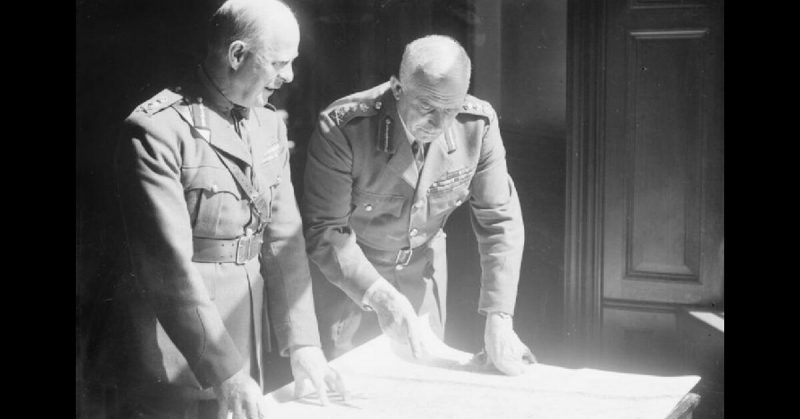In 1939, Britain was poorly prepared for war. Although some people in power had foreseen a conflict with Germany, others had not. For a range of reasons, and with the best of intentions, politicians and other officials left Britain unprepared.
Neville Chamberlain
As Prime Minister in the lead-up to the war, Chamberlain was unwilling to look directly at the danger Nazi Germany posed. The British electorate favored a policy of appeasement to avoid war, and Chamberlain gave them what they wanted. He ignored the insights of Sir Robert Vansittart, a Foreign Office official whose private sources showed him what was coming. Chamberlain led Britain through the early months of the war, but his policies ensured politicians were inept from the top down.
Winston Churchill
Ironically, Chamberlain’s more belligerent and celebrated successor also played a part in holding back preparations. In 1919, as Chancellor of the Exchequer, Churchill brought in the Ten-Year Rule. This policy, which was followed until 1932, stated that Britain would not be fighting a major war within the next ten years and so did not need to prepare for it within the following twelve months.
It caused a long-term stunting of the British armed forces which was still felt in many ways when the war began. For example, Britain did not have a complete armored division in 1939.
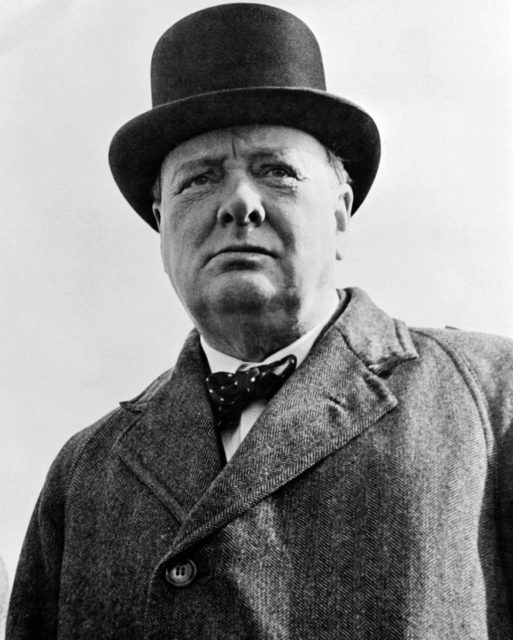
John F. C. Fuller
One of the two leading British military writers of the period, Fuller was hugely influential. He argued for an economy of force, a popular measure in a country that had suffered through the depression and wanted to do the most it could with the least resources. His thinking on this did not extend to advocating for better intelligence or other measures that might allow stripped-down forces to be effective.
Basil Liddell Hart
The other great military writer of the era, Liddell Hart made many positive contributions to British thinking, for example in his ideas on tank warfare. Like Fuller, he advocated economy of force without exploring its full implications, and like Chamberlain he argued for appeasement.
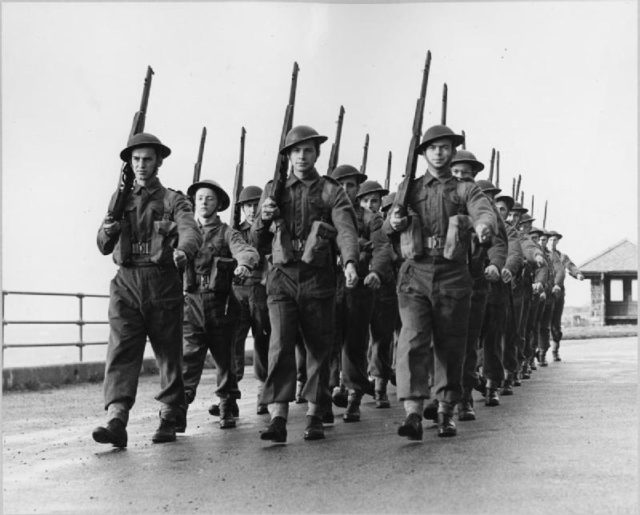
Leslie Hore-Belisha
As Secretary of State for War from 1937 to 1940, Hore-Belisha’s appointment was poorly timed. When he took the post, he knew nothing about military matters, relying for the first year on Liddell Hart. It was hardly his fault, but in retrospect, it was a terrible time for such a man to hold the post.
Lord Halifax
The Foreign Secretary from 1938 to 1940, Lord Halifax held one of the most powerful positions in Britain and the most important in understanding the potential for war. He hated war, feared German strength, believed the Nazis were open to persuasion, and naively considered Hitler sincere in the things he said. He argued for policies that left Britain unprepared.
Sir Nevile Henderson
The British Ambassador in Berlin, Henderson was a gullible man in a nest of liars. Unable to see through the Nazis, he sent reassuring reports that gave Halifax every reason to stick with appeasement.
Sir Horace Wilson
An influential civil servant, Wilson was one of the leading appeasers. His influence helped to keep Chamberlain focused on peace as the omens of war became ever clearer.
Earl Stanhope
Like many in government, this Parliamentary Under-Secretary for Foreign Affairs cast doubt on one of the few accurate British analyses of Nazi intentions. Colonel Andrew Thorne, Military Attaché to Berlin from 1932 to 1935, wrote reports highlighting Germany’s growing strength and possible alliance with Russia.
Stanhope and his ilk believed Thorne was getting carried away and hoped Thorne would calm down in a post away from Germany. Thorne’s insight was ignored.
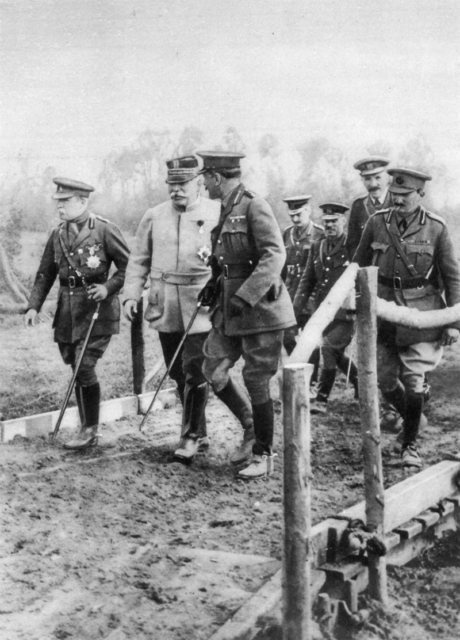
Field Marshal Douglas Haig
By the time the war came, Field Marshal Haig had been dead for over a decade. However, the British commander of the First World War had cast a long shadow over military thinking.
In the aftermath of World War One, he wrote that “Intelligence has a very small place in the army in peace time.” This attitude led to the vast under-development of British military intelligence resources and techniques, leaving Britain blind to her enemies’ intentions and capacity for war.
Field Marshal William Edmund Ironside
Appointed to the position of Chief of the Imperial General Staff at the start of the war, Ironside neither wanted nor expected the job. He lacked the strength and articulacy to influence the politicians with whom he was surrounded.
Many of them judged him incompetent for the role, and some historians have joined them in this judgment. It was after his replacement by Sir John Greer Dill that the CIGS began to play an effective role in the war.
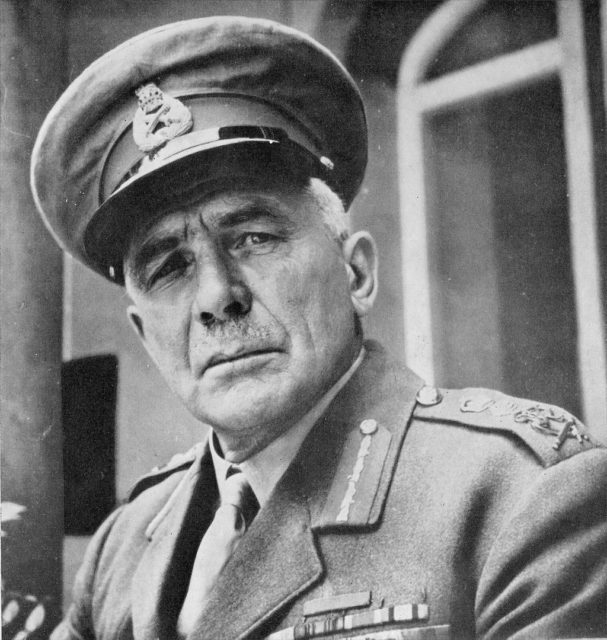
Lord Trenchard
Like Haig, Trenchard’s influence came from a post he had held during WWI. As the first head of the Royal Air Force, his views were influential. Unlike Haig, he was still around to argue for them and to remind people of his importance.
The misguided concept planted by Trenchard was an over-reliance on bombing. He believed bombing by itself could win the war for Britain. He and his successors disregarded any focus on intelligence gathering or combined operations by the RAF.
It left the RAF in general, and its intelligence gathering in particular, unready for the reality of what would follow.
Sir Alexander Cadogan
Following Sir Robert Vansittart as Permanent Under-Secretary at the Foreign Office, Cadogan lacked his predecessor’s sources in Germany and the insight they brought. Also lacking adequate support to analyze the information coming to him, he could not properly filter what he was given.
His suspicion of secret agents, while sometimes a useful characteristic, helped to blind him to intelligence insights. On March 11, 1939, he dismissed intelligence reports of German preparations for an invasion of Czechoslovakia, an invasion which came only four days later.
Source:
Ralph Bennett (1999), Behind the Battle: Intelligence in the War with Germany 1939-1945.
